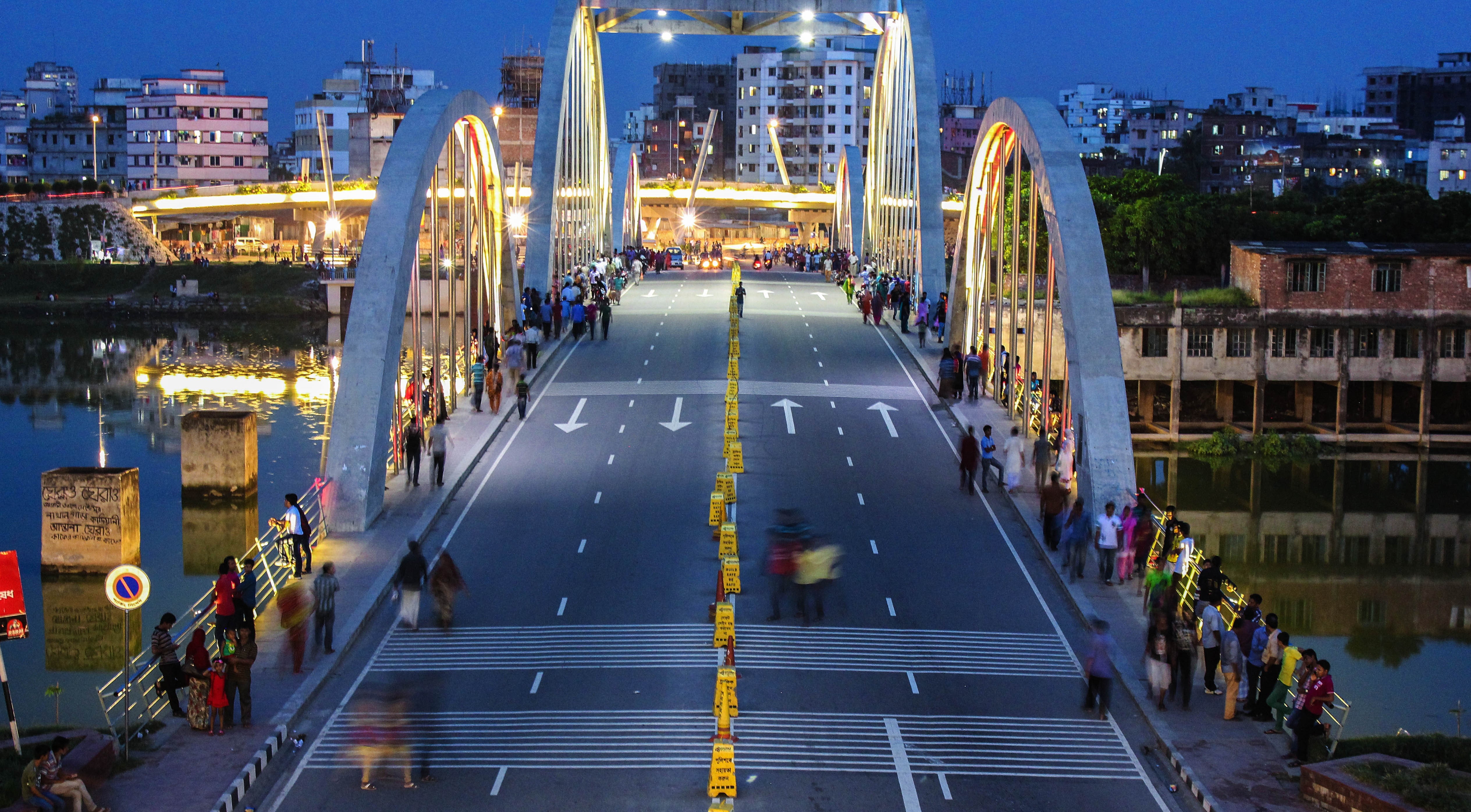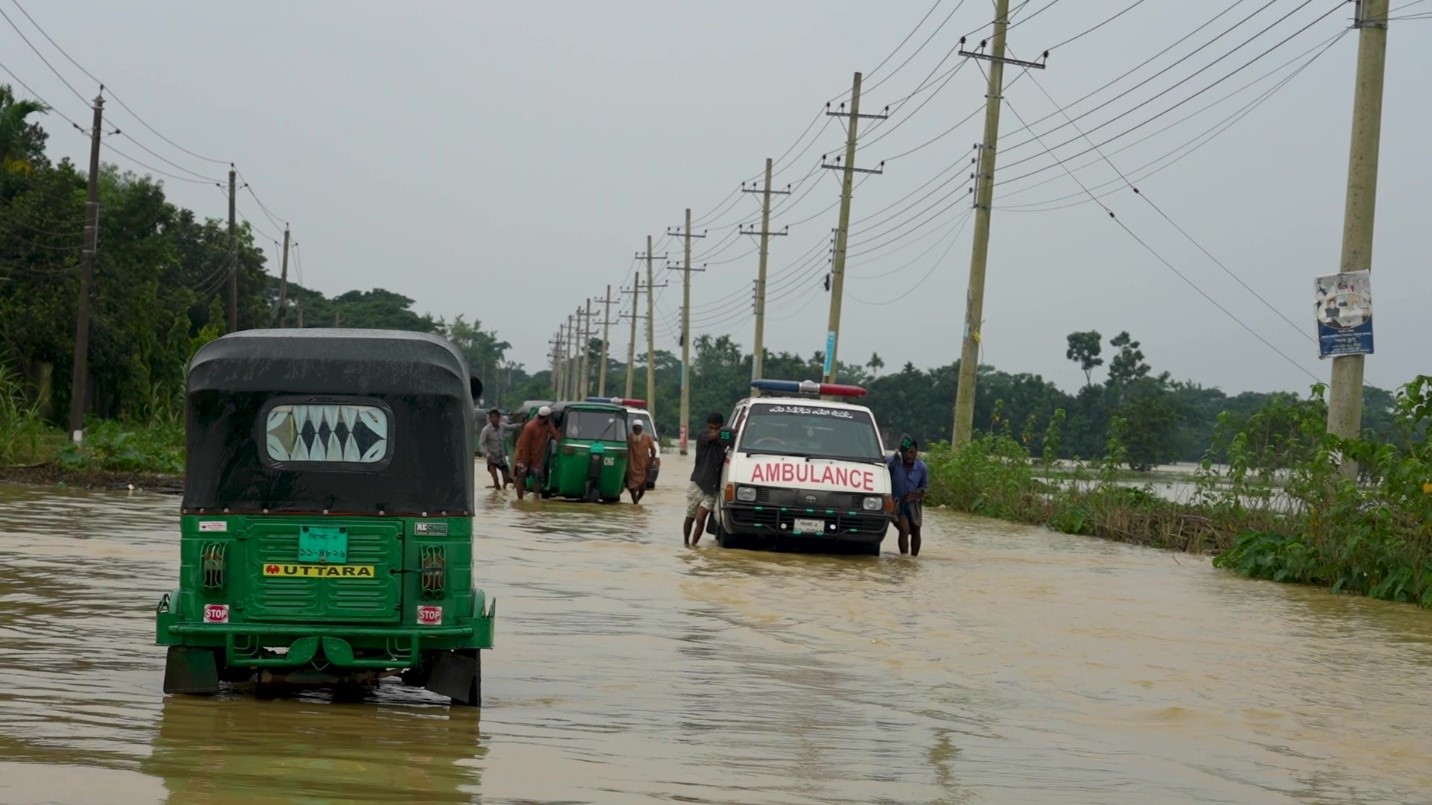Read Time:4 Minute, 22 Second

We need to come up with plans not only to develop new infrastructure that will be climate-resilient, but also to consider how to adapt existing infrastructure.


Dr. Muntasir Billah, P.Eng., M.ASCE, is an Assistant Professor in the Department of Civil Engineering at the University of Calgary, Canada.
